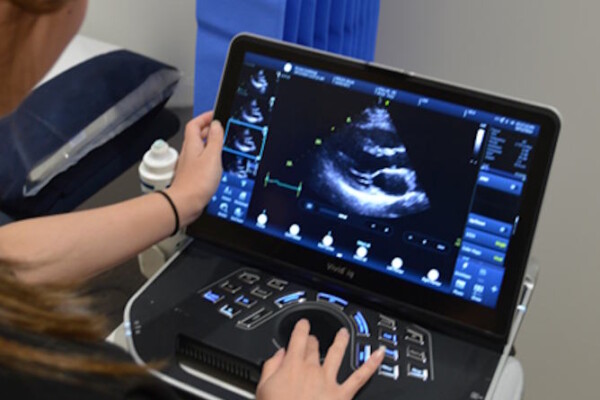Shortness of breath, unstoppable tears, an uneasy feeling in the pit of your stomach, sleepless nights.
The aftermath of a broken heart, whether it be bad break-up or death in the family, can quite literally feel like our heart is failing us.
If you’ve Googled ‘can I die of a broken heart’, you can rest assured you’re not the only one.
According to Psychologist and Author Dr Marny Lishman, the trauma of having your heart metaphorically split in two can actually mimic a heart attack.
“A broken heart turns on our stress response through high-stress levels, shock, extreme sadness, high levels of fear or any emotion that happens too quickly, with our brain turning on a physiological response immediately,” she said.
“This stress response can elicit all sorts of bodily responses and mimic a heart attack.”
In more severe cases, this trauma can literally result in broken heart syndrome or, if we’re using technical terms, in takotsubo cardiomyopathy.
The temporary heart condition impersonates the physical symptoms that we would typically connect with a broken heart – shortness of breath and chest pain.
Internally, it is a result of a weakened left ventricle, which affects the heart’s ability to pump blood effectively. It occurs predominantly in women.
According to cardiologist Michael Nguyen, takotsubo cardiomyopathy is a well-recognised condition associated with extreme, stressful events such as the death of a loved one or even a heated argument.
“There is physical damage to heart muscle associated with this condition and it can even be life-threatening,” he said.
Thankfully, the recovery time for this condition won’t take as long as getting over your broken heart, and there is no social media detox, nor can it be solved by tubs of Chi Cho gelato.
The heart muscle usually heals within two to four weeks, but it is important to see a professional if you are experiencing any serious symptoms.
If you’ve recently had your heart broken or have been diagnosed with takotsubo cardiomyopathy, it is important to recognise any known triggers that may cause you stress.
Dr Lishman encouraged people to start healing a broken heart at the place where they feel most comfortable, whether it be at a body, mind, soul or spiritual level.
“Whatever it takes to turn the brain’s stress response off and the relaxation response on,” she said.
“For some this might be exercising, from walking through to yoga, while for others it might be meditation, breathing and mindfulness, talking to a therapist about their grief and pain or taking comfort with friends.”
If you have a serious heart concern, Access Cardiology is a boutique practice in Perth dedicated to offering patients a personal service that is focused on their individual needs. Visit their website for more information.











